It's crucial for primary and secondary schools to embrace scientific and technological innovation, as young students are key talent for the nation's long-term innovative development, said a deputy to the National People's Congress, China's top legislature.
Xu Weilin, an NPC deputy and the rector of Wuhan Textile University in Hubei province, suggested selecting lecturers from higher education institutes to serve as science instructors in primary and secondary schools.
"Educators in higher learning institutes gradually realize that it's not enough to emphasize innovation only in universities," Xu said. "We should nurture students' interests in science and technology starting in primary schools."
Exploring students' interests and knowledge will help cultivate talent with innovative thoughts and strong minds, he said.
"For instance, inventors such as Isaac Newton, Thomas Edison and Alfred Nobel all showed their interests and strong desire for innovation and practical operation early in their lives," he said.
Since making a suggestion to the NPC during last year's two sessions, the largest annual political event in China, Xu has found that more efforts have been made to bring scientific knowledge and practices into schools and cultivate younger students' interests in innovation.
"The national and provincial authorities for science and technology have ramped up efforts to popularize science and technology among young students," Xu said.
A campaign aiming to invite 100 academicians to popularize science and technology in 100 schools nationwide was launched in October during the Donghu Forum held in Wuhan, Hubei's provincial capital.
"As the mechanism has been set up, academicians truly become the science guides of primary and secondary school students, sowing the dream of building a technologically powerful nation in the hearts of more children," Huang Fengchao, the principal of a junior middle school in Wuhan, said during the launch ceremony.
During the campaign's first seminar in Wuhan last month, Sun Heping, an academician of the Chinese Academy of Sciences, delivered a lecture on the "magic gravitational field" to about 2,000 teacher and student representatives.

University teachers help primary and middle school students test a water rocket at Nanjing University of Aeronautics and Astronautics in Jiangsu province on July 17, 2021. (Photo/China News Service)
Academicians and experts in Hubei will visit schools and give science lectures to students, discussing cutting-edge technologies such as artificial intelligence and hot topics including the control of new infectious diseases, officials from the provincial science and technology department said at the seminar.
Xu said a number of science workshops named after academicians and experts have been established.
Xu's workshop, funded by Wuhan's Jiangxia district government, has been given annual targets for the number of lectures to be delivered in schools and the number of publications to be issued.
Universities are also building science and technology museums to give younger students more access to scientific knowledge, Xu said, adding that a textile museum covering 2,000 square meters has been built at Wuhan Textile University.
Xu went to several schools last year to give lectures on traditional and modern textiles, ranging from topics closely related to people's daily lives to a material's application in aerospace.
"I noticed that China has been strengthening science popularization in recent years," he said. "School students have shown interest in science and learned about related majors in colleges."
More efforts should be made to popularize science with appropriate methods rather than regarding exam scores as final goals, he said. Teaching methods were important as students' scientific curiosity varied in schools at different levels, which posed more challenges to educators.
"Those who popularize science with appropriate methods would not put more burdens on younger students," Xu said.
Given the tight schedules of top academicians and experts, Xu said more trained personnel need to engage in the mission, especially high-level researchers in universities and scientific institutions, because "they are grasping the pioneering science and technology, and it only takes simple training in lecturing methods to help them become competent in popularization work".
Xu said he hoped scholars recognized as national-level talent could volunteer to deliver three to five lectures a year, and even establish bases with individual schools to normalize cooperation.








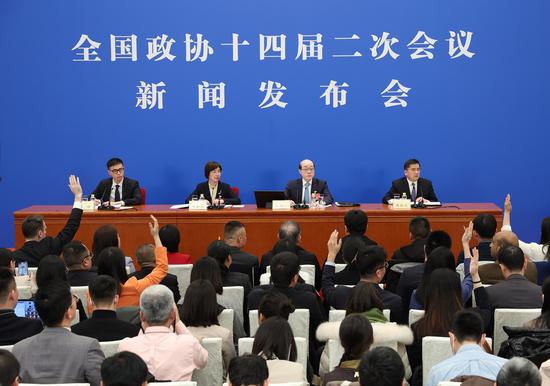

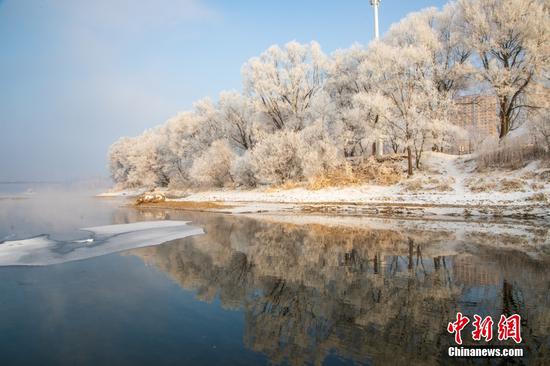
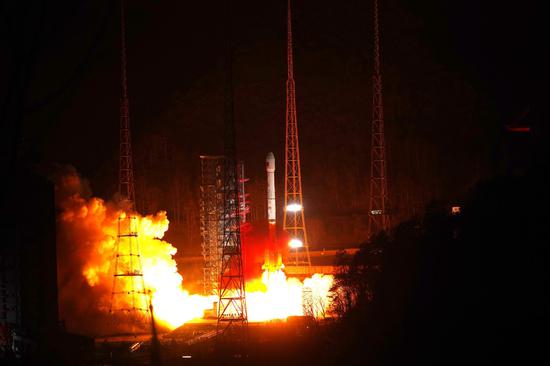
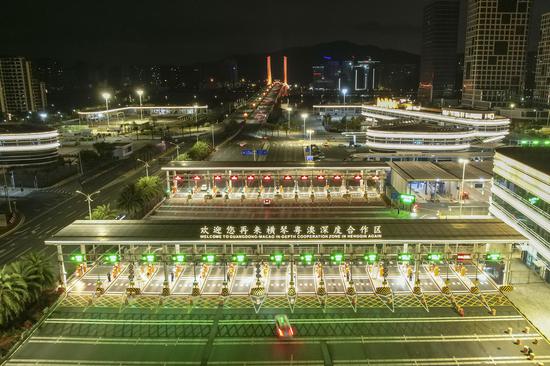
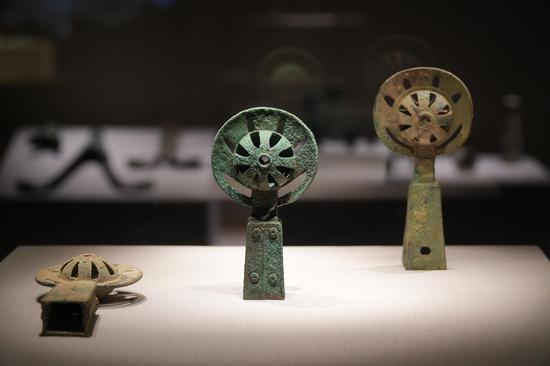



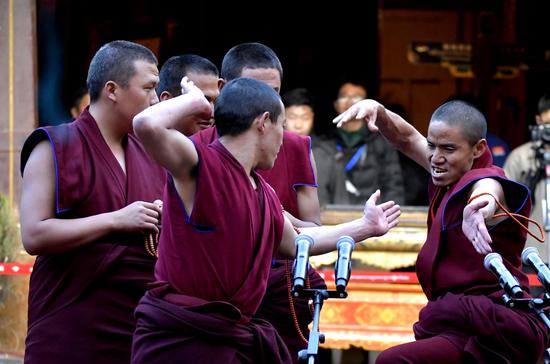
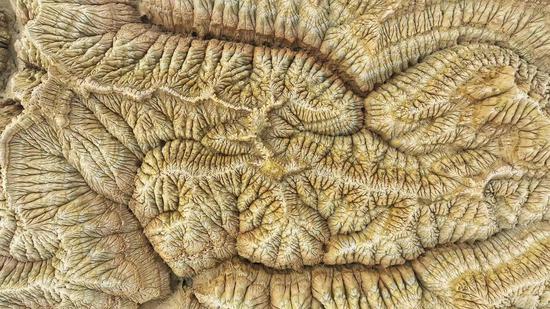
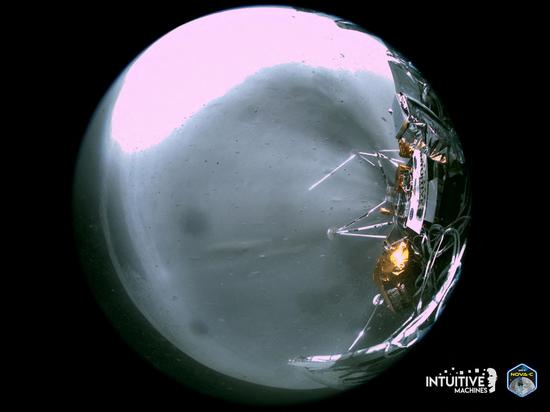

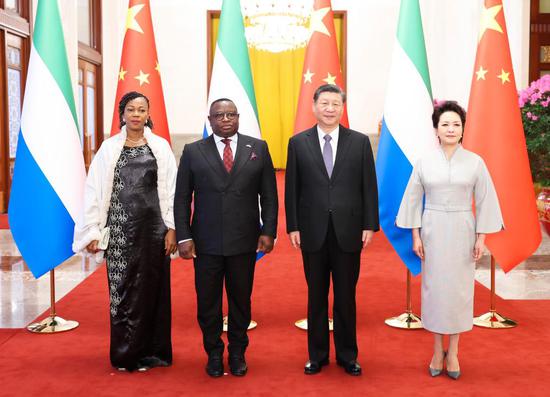

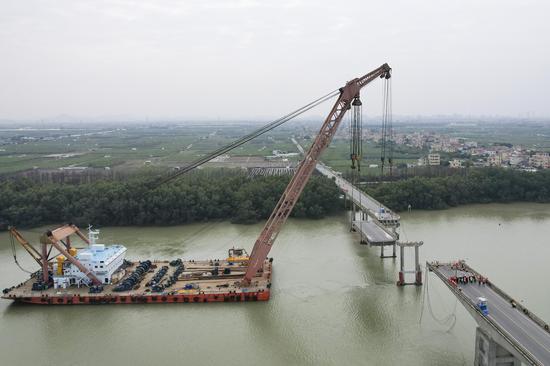
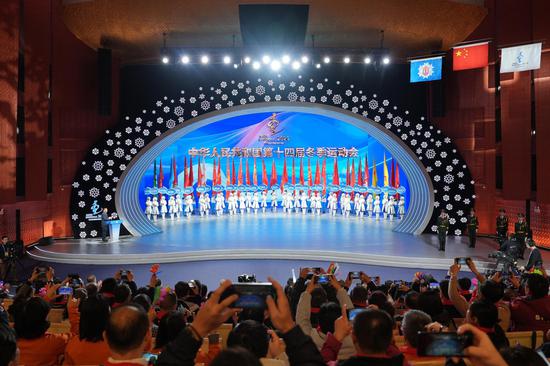


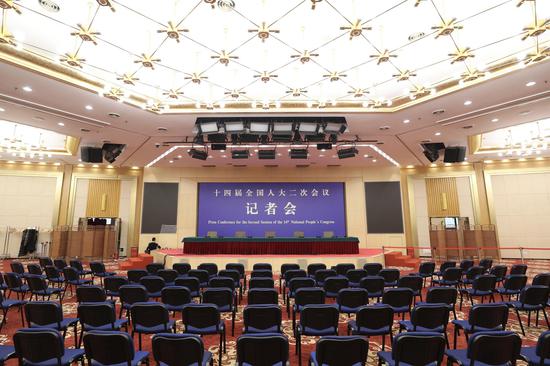
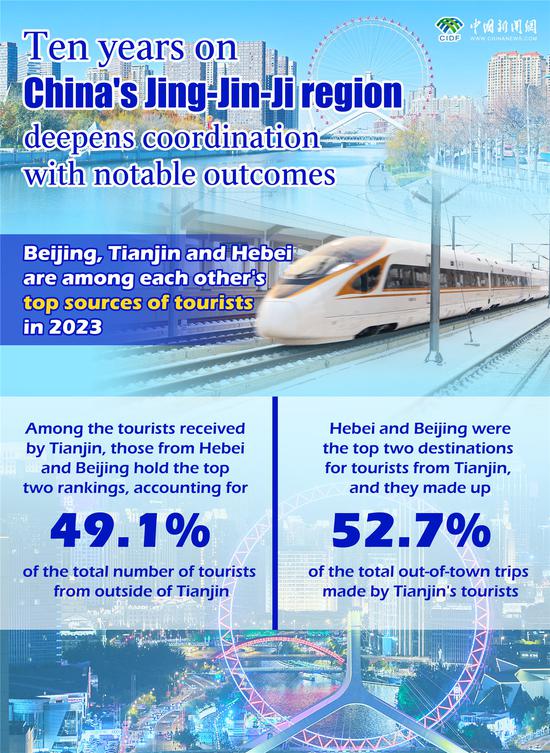
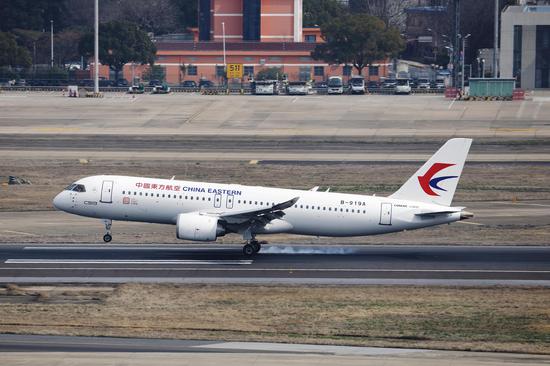
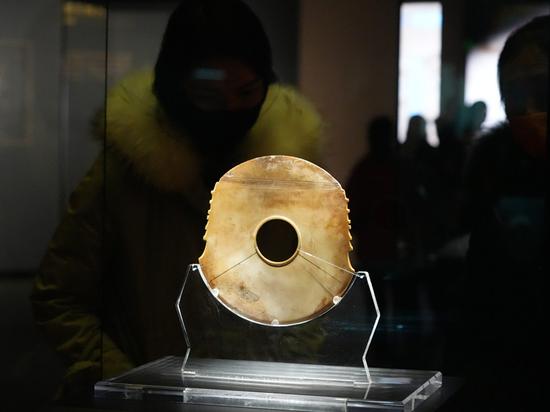


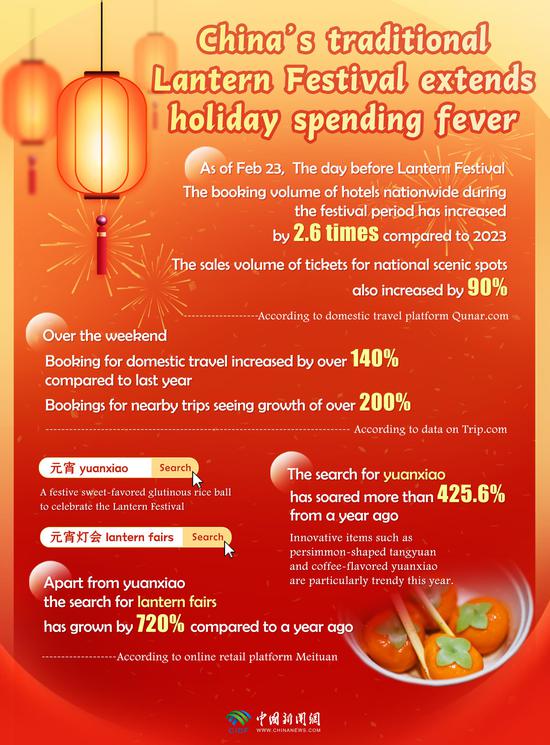
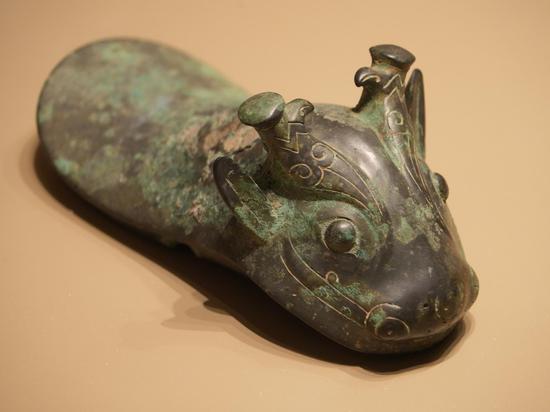
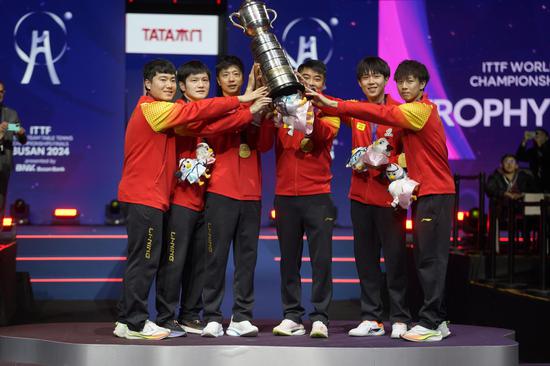
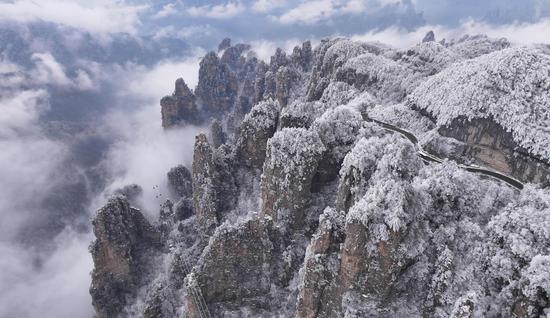



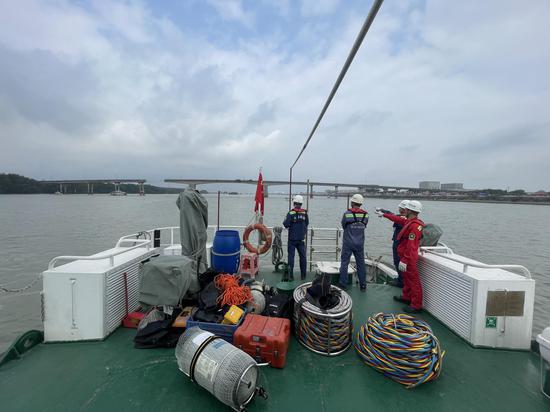

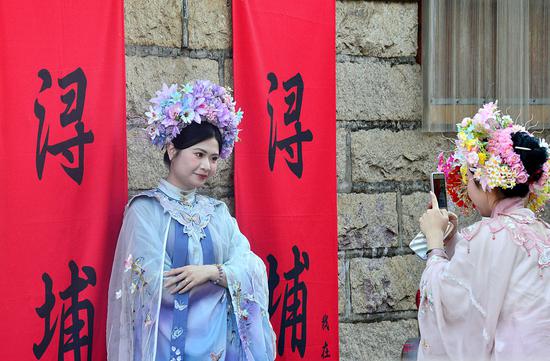
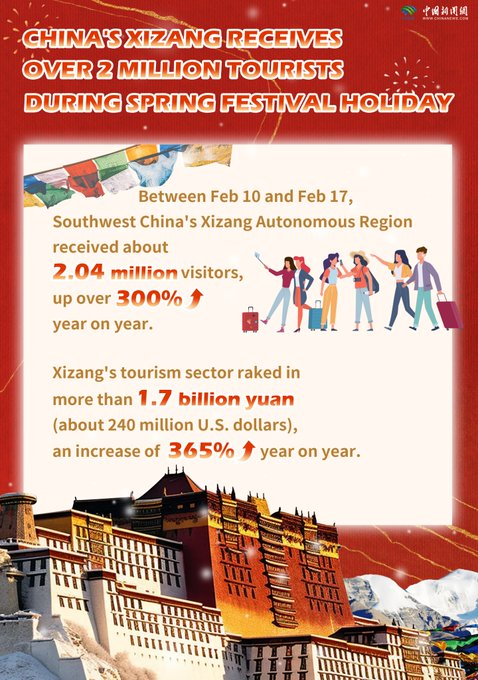
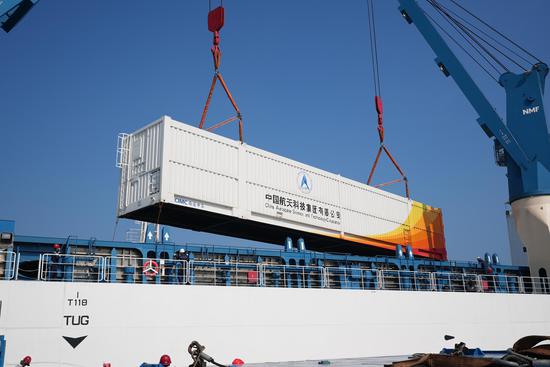





 京公网安备 11010202009201号
京公网安备 11010202009201号